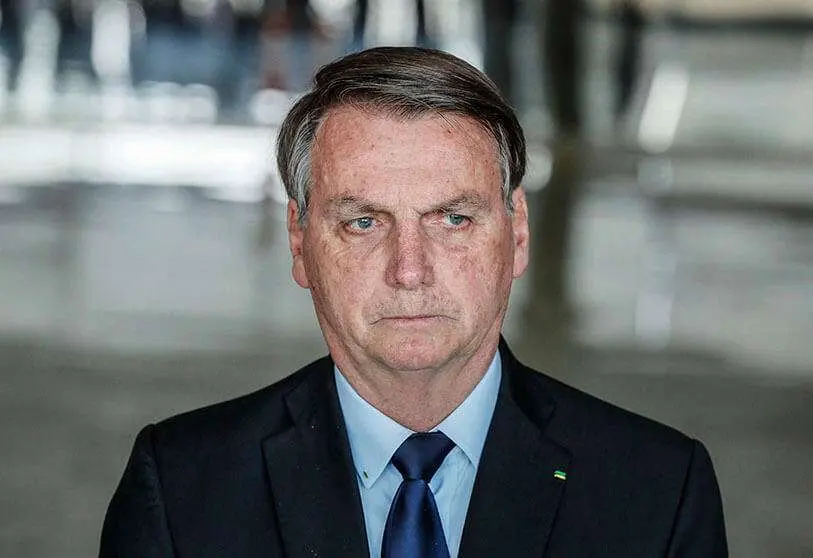Bolsonaro and the squid's ink

By no means is all the fish sold in the Federative Republic of Brazil, whose 156 million voters in the second round will not only determine the immediate future of its 210 million inhabitants, but will also condition the entire continent, including the United States.
Although the current Democratic administration in Washington was careful not to say so openly, it was counting on Luiz Inácio Lula da Silva to confirm the results that the polls overwhelmingly predicted for him. President Joe Biden considers the founder and leader of the Workers' Party (PT) to be the man capable of leading the Latin American left as a whole and, consequently, of redirecting or at least modulating its development and preventing the tyrannies that already exist in Cuba, Venezuela and Nicaragua from multiplying in a dishearteningly immovable manner.
Lula - literally squid in Portuguese - did not live up to expectations of winning in the first round, and it remains to be seen whether he will succeed in the second and final round on 30 October, despite being less than two points short of an absolute majority. His opponent, President Jair Messias Bolsonaro, has not only shattered the odds, but also revealed that almost half the country is as right-wing as the other half is left-wing.
In addition to facing Lula's powerful social dialectic, Bolsonaro will have to moderate and soften his message a lot to dodge the ink discharges of the "squid" Lula, who will not cease to remind him of his huge mistakes in the face of the COVID pandemic, his attacks on women and minorities, his tolerance of the immense deforestation of the Amazon, his contempt for the media that do not agree with him, and his veiled threats not to recognise the electoral result, using the alleged falsification of electronic ballot boxes, a system that has been used in Brazil for no less than 26 years.
The only thing in which both candidates seem to converge is in their accusations against the judiciary: Lula, because he still believes that his conviction for corruption and his 580 days in prison were the result of a conspiracy; Bolsonaro, because he must have considered at some point that judges should submit to his executive will, and when he found that this was not the case, he attacked them so wildly that he had to fold his sails, but leaving a deep chasm between the two powers.
In terms of Brazil's international role, Bolsonaro has minimised both his prestige and his capacity for consensus-building, one of the hallmarks of Brazil's highly seasoned diplomacy. A declared sympathiser and ally of former president Donald Trump, Bolsonaro has not managed to counterbalance the leadership of Xi Jinping and Putin within the BRICS (Brazil, Russia, India, China and South Africa), while at the same time provoking Washington's mistrust. Lastly, Brazil abstained, along with China, India and Gabon, in the United Nations when a vote was taken to condemn Russia's annexation of the Ukrainian regions of Kherson, Zaporiyia, Donetsk and Luhansk.
As an ex-military man, with a touch of barracks nostalgia, Bolsonaro has from the beginning of his mandate pampered military power, which is still seen by some economic sectors as the best guarantee of law and order. This does not seem to be a time when the conditions are ripe for the Armed Forces to turn their bayonets on their own people, but they should not leave the slightest room for suspicion that this could happen again. There is always an emergency or extraordinary situation for autocrats to call for radical solutions.
On the other hand, Lula should not go around making promises that he himself knows he cannot keep. True, he can proudly point to his two terms as president, in which he lifted 50 million people out of poverty. Without detracting one iota from his undoubted merits, those years (2003-2010) coincided with the price explosion of raw materials that China was buying hand over fist, and which provided their holders with enough wealth to change the course of their countries for the better. This is not the case now in these times of crisis, when so many fronts need to be addressed.

